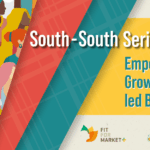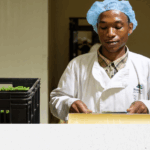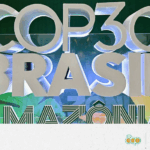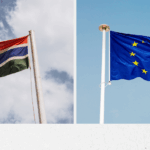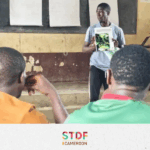- 06/05/2025
- Posted by: Sandra Borma
- Category: News
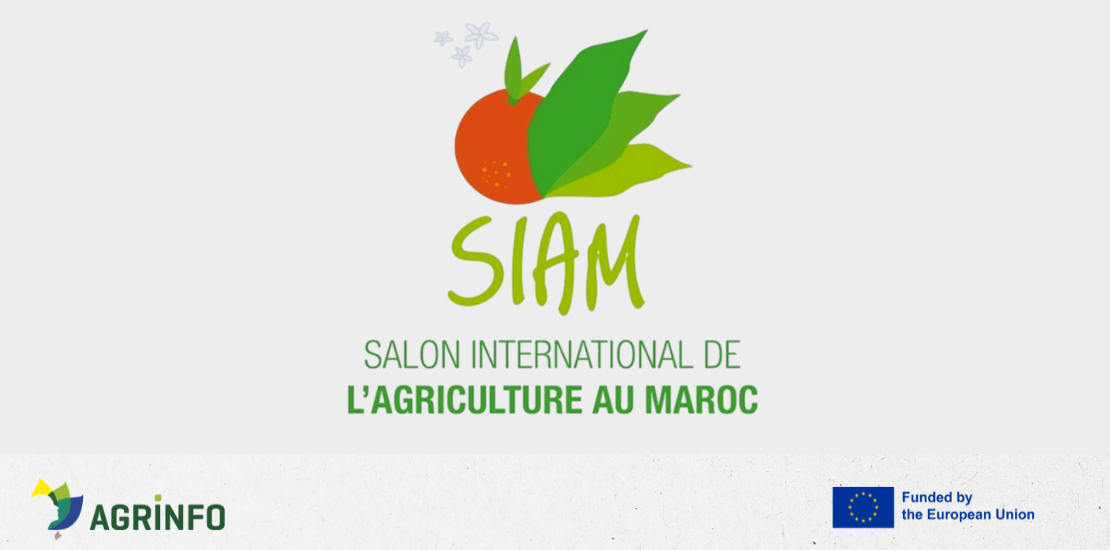
From 22 to 25 April 2025, COLEAD took part—for the second consecutive year—in the Moroccan International Agricultural Exhibition (SIAM) in Meknes, at the invitation of the European Union Delegation (EUD). This mission aimed to promote the AGRINFO programme, funded by the EU, along with digital resources developed by COLEAD through the Fit for Market Plus (FFM+) programme.
Explaining regulatory changes in the European Union
Ingrid Morvan, expert from COLEAD’s Regulations and Standards Department, led two sessions at SIAM titled “Exporting to the EU: adapting to changes in European regulations.” These presentations allowed participants to:
- Discover the AGRINFO.eu platform, an accessible online regulatory monitoring tool tailored for stakeholders in the agri-food chain across 142 EU partner countries;
- Gain insight into upcoming EU regulatory changes, especially regarding pesticide residue limits, food packaging, and antimicrobial use, with a focus on impacts for fruit and vegetables, animal products (aquaculture and honey), and processed goods;
- Learn about key features of the platform, including keyword or HS code search, update subscriptions, and the “Ask AGRINFO” functionality for tailored support.
The sessions were also an opportunity to showcase other COLEAD digital tools, such as interactive dashboards, the technical e-library, the e-learning platform, the crop protection database, and the thematic exchange sessions hosted on agrinnovators.org.
Strengthening regional and partnership synergies
SIAM 2025 provided a valuable setting to connect with COLEAD partner-beneficiaries, establish new relationships, and better understand current needs and constraints faced by stakeholders—particularly around packaging, logistics, and agri-food processing equipment. Fruitful exchanges took place with producers, exporters, and institutions from West and Central Africa, the Maghreb, and Europe. Morocco is increasingly positioning itself as a strategic trade hub between sub-Saharan Africa, Europe, and Latin America. The country is investing in major infrastructure, including a new port scheduled for 2028, two secure maritime corridors, and a motorway already connecting Guerguarat to Agadir, which together are expected to significantly enhance trade flow and connectivity.
Engaging with Moroccan professionals
The mission also provided insight into the structure of Morocco’s agri-food ecosystem, which includes institutions such as the National Office for Food Safety (ONSSA), Morocco Foodex, and COMADER—an umbrella inter-professional association comprising 13 industry organisations. These include groups focused on fruit and vegetables (FIFEL), red fruit (AMPFR), citrus (Maroc Citrus), organic products (Maroc Bio), honey (FIMAP), olives (Interprolive), cereals (FIAC), milk, meat, and sugar. These inter-professional bodies play a key role in regulatory monitoring for their members, making the AGRINFO platform particularly relevant. The retail sector was also present and engaged during the show.
Next steps and follow-up actions
Planned follow-up actions include:
- Sharing presentations with the EUD and relevant partners;
- Coordinating a thematic event and/or webinar with institutions such as Foodex, Customs, and COMADER;
- Sharing useful contacts and technical information with FFM+ partners;
- Maintaining active communication around AGRINFO’s upcoming multi-country webinars.
This mission clearly aligned with COLEAD’s vision: to support economic operators in building a more sustainable, better-connected, and climate-resilient agricultural sector, while navigating evolving regulatory and market dynamics.
This activity is supported by the AGRINFO programme, implemented by COLEAD and funded by the European Union (EU). This publication receives financial support from the European Union. The content of this publication is the sole responsibility of COLEAD and can in no way be taken to reflect the views of the European Union.

